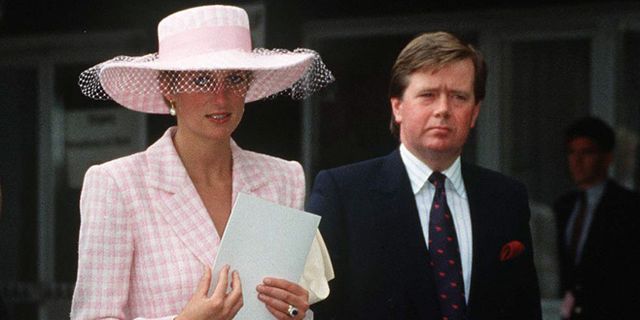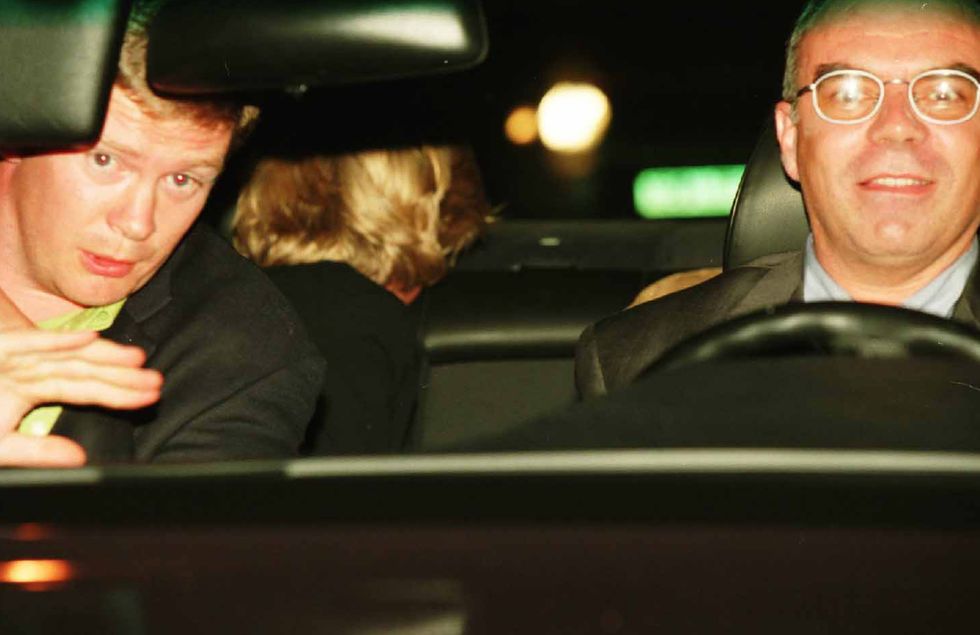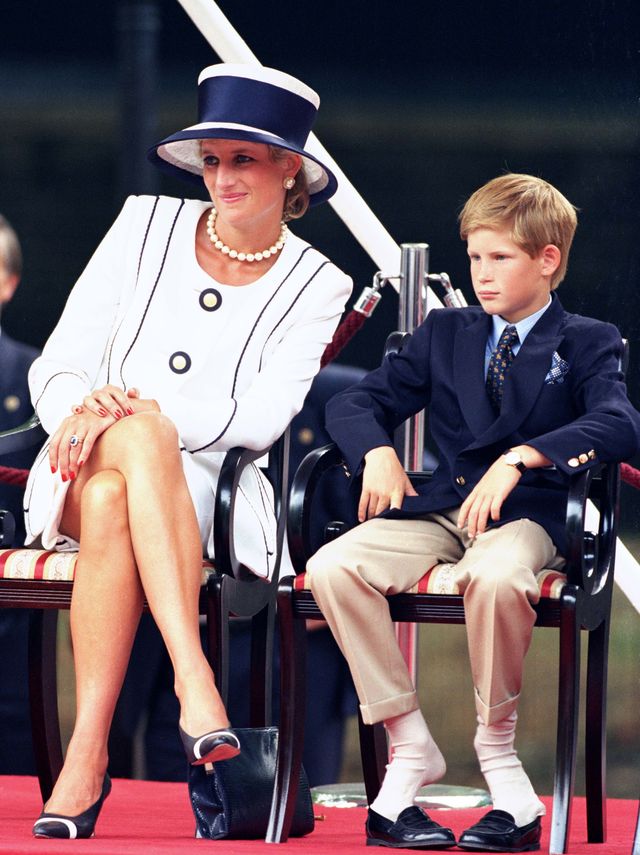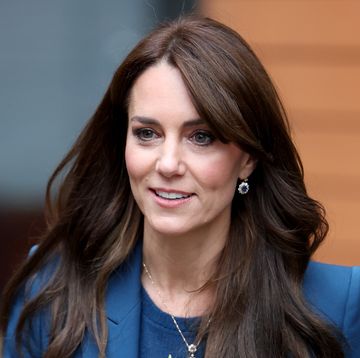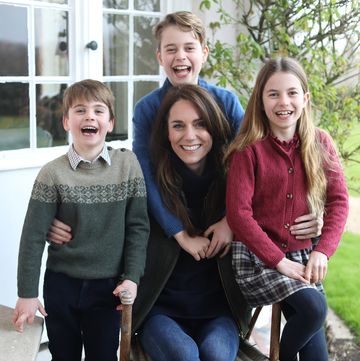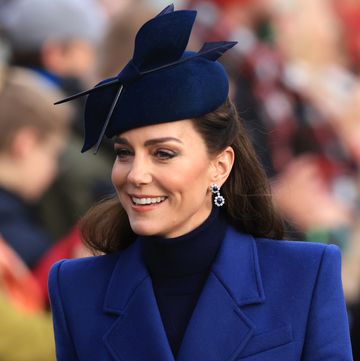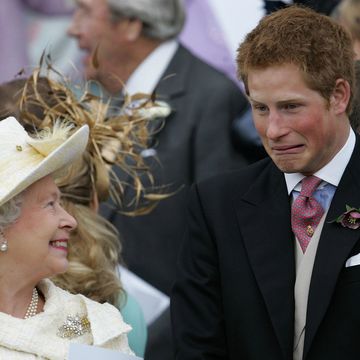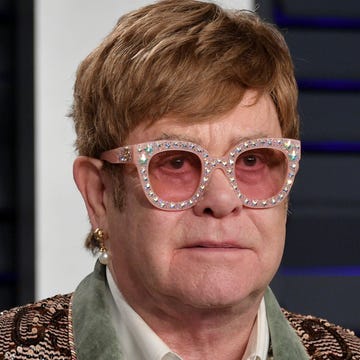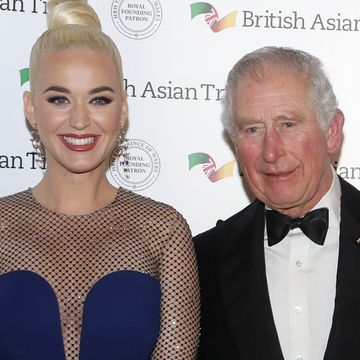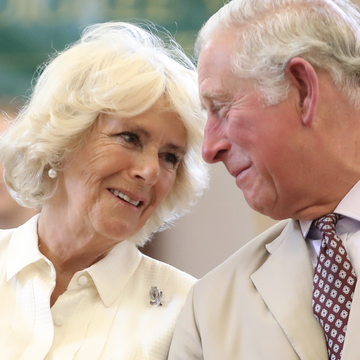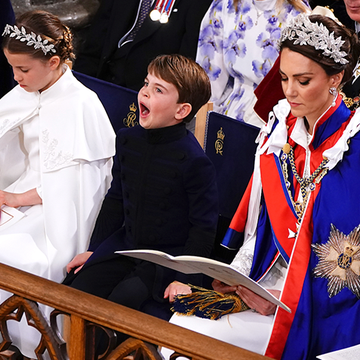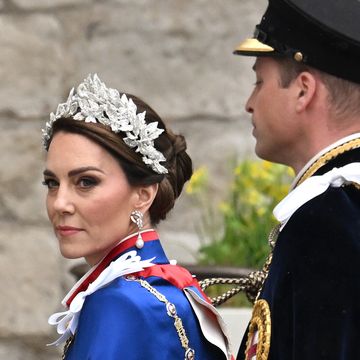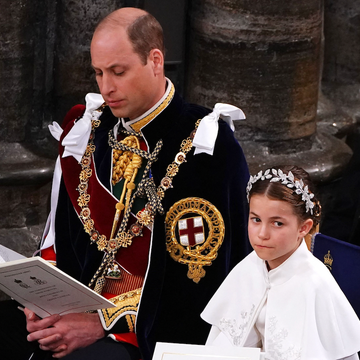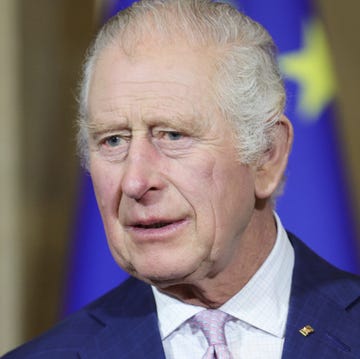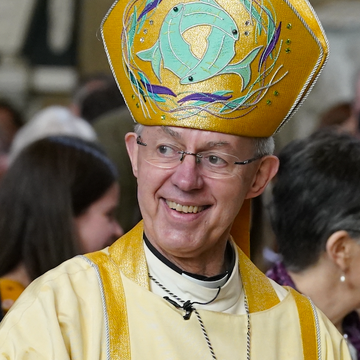It's been nearly 20 years since Princess Diana was killed in a car accident in Paris, a death that shook the world. And ever since that fateful night, conspiracy theories have swirled around what really happened. One man who was close to Diana for years is now blaming her security team for not intervening.
Ken Wharfe, who served as Diana's royal protection officer for six years, resigned from the position in 1993. He now says if he and his team were working with the Princess in 1997, they may have been able to prevent her death. "On behalf of all the professional men and women of the Met's protection squad, let me say that neither [bodyguard Trevor] Rees-Jones nor any of the other bodyguards who attended Diana in the two months preceding her death were from our department," he writes in an excerpt of his updated memoirs, published by the Daily Mail. "I am still angry beyond words that this team of 'bodyguards' let her come to harm."
Rees-Jones was the sole survivor of the crash that killed Diana, Dodi Fayed, and driver Henri Paul. He had been appointed by the Fayed family to protect Diana during their trip to Paris, but Wharfe alleges he was never briefed by police and had a misunderstanding of the paparazzi as an "enemy" he could beat. Plus, because he was hired by the Fayeds, he was prevented from speaking against their wishes. (Diana had declined the Queen's offer to have round-the-clock police protection, which Wharfe says led to the security issues in the first place.)
Wharfe alleges that Rees-Jones should have intervened when Fayed made risky decisions, like ordering Paul to drive although he had allegedly been drinking, and letting Fayed tell Paul to drive fast to outpace photographers. He also says the security team should have called local Paris police for backup, and Rees-Jones should have insisted everyone in the car wear his or her seatbelt.
"I can say with certainty, drawing on decades of police experience, that Diana's death was not murder but a dreadful accident that should have been avoided," Wharfe wrote. "She was not the victim of shadowy figures who regarded her as an embarrassment to the Establishment, but of her boyfriend's erratic behavior and her bodyguard's mistakes."
Rees-Jones, for his part, has said under oath that he has no concrete memories of the car crash that killed Diana, because he suffered a head injury in the collision. He told a jury during an investigation that he had been unhappy with Fayed's plans that night, but "went along with it." He has also written a memoir about his time working with Diana after Fayed's father, Mohamed, blamed him for the crash, but has not responded to Wharfe's new claims.
According to Sky News, Wharfe's book also reveals the one rumor that truly hurt Princess Diana: that Prince Harry's biological father was not Prince Charles. Wharfe says that Diana did have an affair with James Hewitt, the man some claim is Harry's dad, but they were only an item after Harry was born. "A simple comparison of dates proves it is impossible for Hewitt to be Harry's father. Only once did I ever discuss it with her, and Diana was in tears about it."
